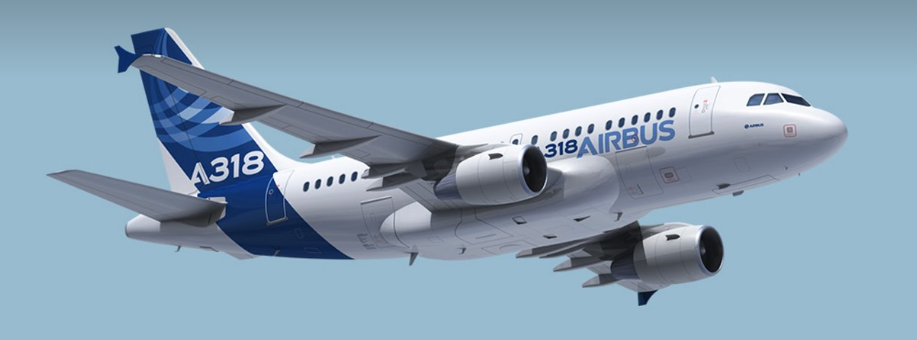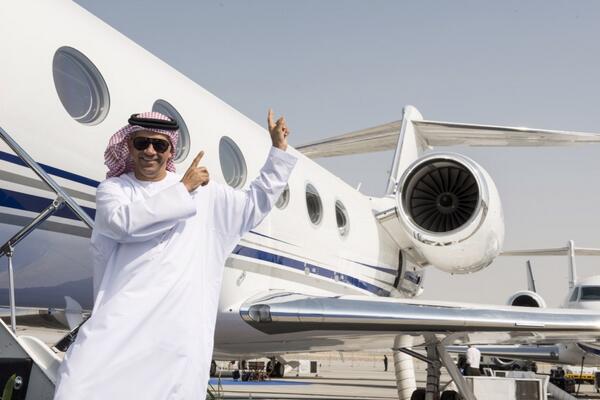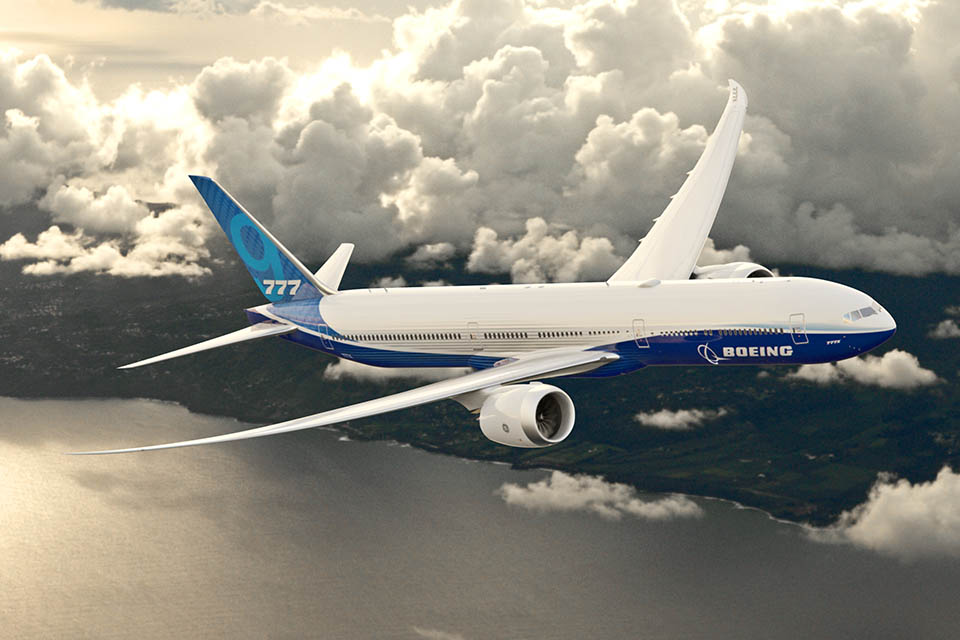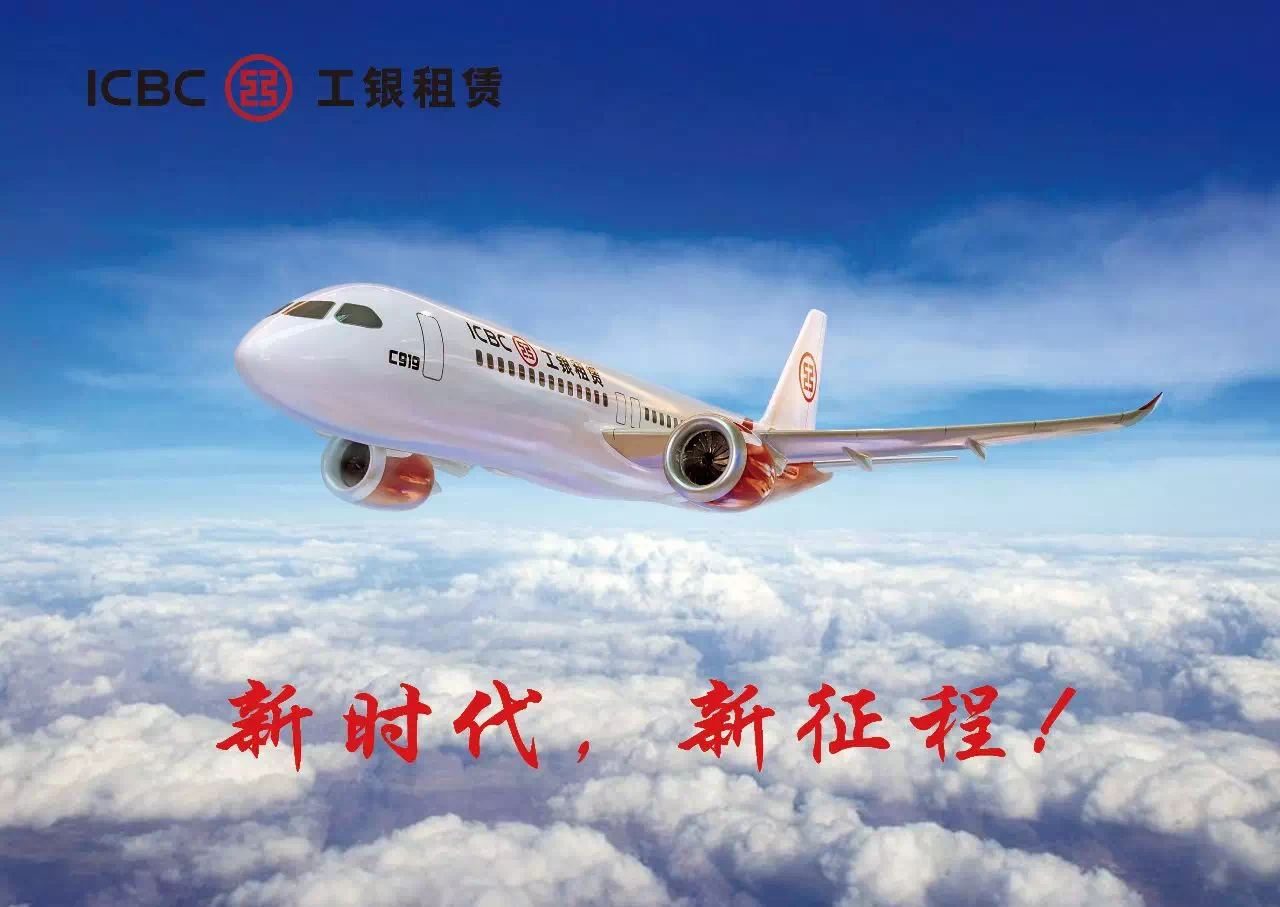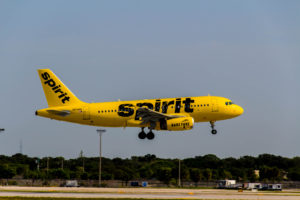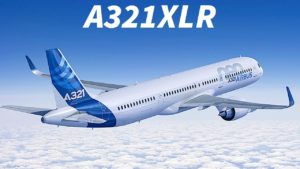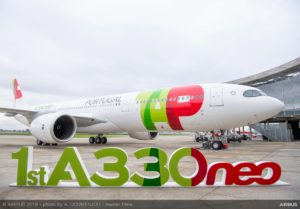OTTAWA (Reuters) – Airbus SE <EADSY> on Friday pulled out of a multibillion-dollar competition to supply Canada with 88 new fighter jets, a decision that boosts the chances of rival Lockheed Martin Corp <LMT>.
The defense arm of Airbus, which indicated last month it might withdraw, cited onerous security requirements and a late decision by Ottawa to loosen the rules for how much bidders would have to invest in Canada.
Airbus and other contenders had already complained the government appeared to be tilting the race in favor of Lockheed Martin’s F-35 plane, which the Royal Canadian Air Force wants. Canada is part of the consortium that developed the plane.
Canada launched the long-delayed competition last month and said it was confident no favoritism had been shown. Ottawa says the contract is worth between C$15 billion ($11.30 billion) and C$19 billion.
Canada’s official opposition Conservative Party, which is seeking to defeat Liberal Prime Minister Justin Trudeau in an October election, accused the government of gross mismanagement.
Reuters revealed in July that Airbus and Boeing Co <BA.N> had written to Ottawa to say they might pull out.
The firms are unhappy that in late May, the government dropped a demand that bidders must guarantee to give Canadian businesses 100% of the value of the deal in economic benefits.
Such legally watertight commitments, which Boeing, Airbus and Sweden’s Saab AB <SAABb.ST> had already agreed to, contradict rules of the F-35 consortium. Ottawa’s move allowed Lockheed Martin to stay in the competition.
“One of the strongest points of our bid was the fact we were willing to make binding commitments,” said an Airbus source, who requested anonymity given the sensitivity of the situation.
“Once this was loosened up to a point where these commitments were no longer valued in the same way”, the firm decided “that’s just too much”, added the source, who also cited security challenges.
European jets must show they can meet stringent standards required by the United States, which with Canada operates the North American Aerospace Defense Command.
“NORAD security requirements continue to place too significant of a cost on platforms whose manufacture and repair chains sit outside the United States (and) Canada,” Airbus said in a statement.
Canadian Procurement Minister Carla Qualtrough said she respected the Airbus decision, adding Ottawa was determined there should be a level playing field.
“This included adapting the economic benefits approach to ensure the highest level of participation among suppliers,” she said in emailed comments.
Canada has been trying unsuccessfully for almost a decade to purchase replacements for its aging F-18 fighters. The former Conservative administration said in 2010 it would buy 65 F-35 jets but later scrapped the decision, triggering years of delays and reviews.
Trudeau’s Liberals took power in 2015 vowing not to buy the F-35 on the grounds that it was too costly, but have since softened their line.
“Justin Trudeau has spent the past four years delaying and dithering on new fighter jets for Canada only to completely mismanage the competition process,” said Conservative defense spokesman James Bezan.
Lockheed Martin declined to comment while Boeing and Saab did not respond to requests for comment.
($1 = 1.3275 Canadian dollars)
(Reporting by David Ljunggren; Editing by David Gregorio)

